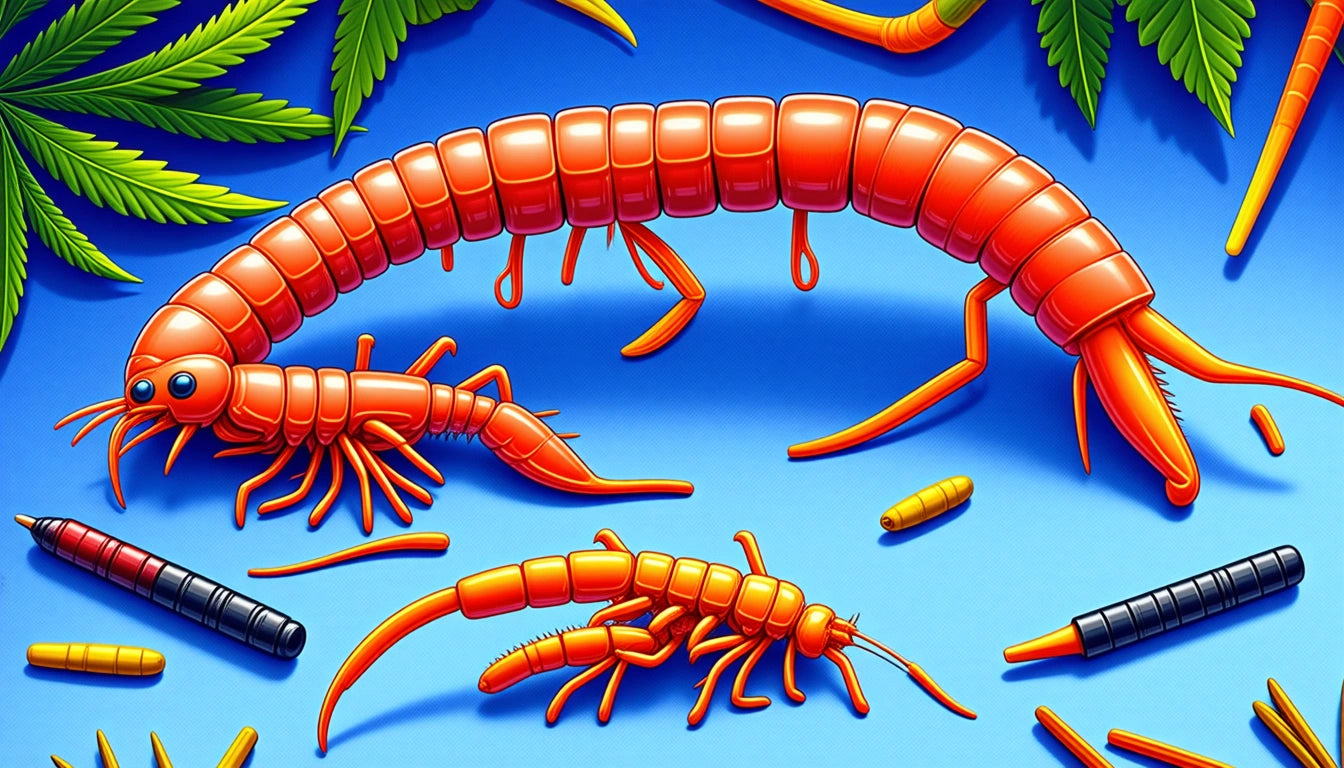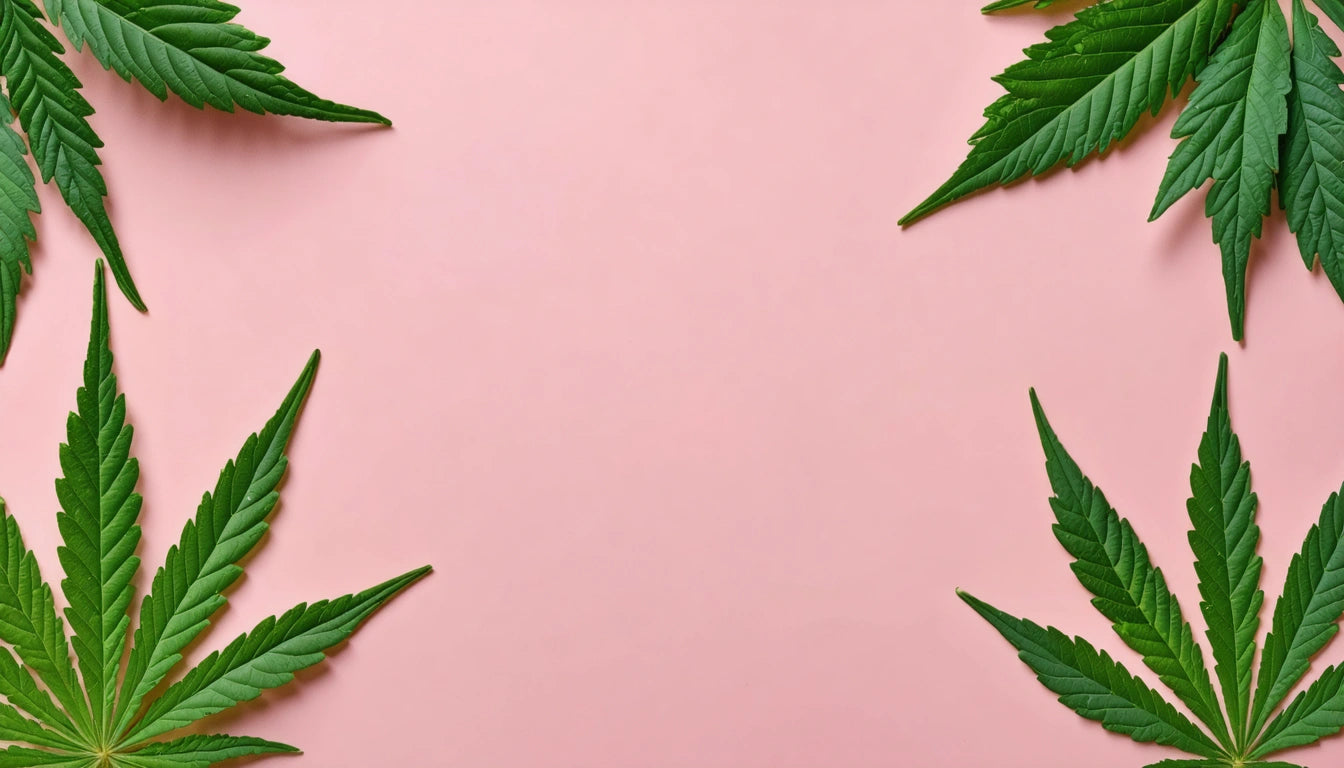Smoking and Fasting: What You Need to Know
Fasting is a common requirement before medical tests or a personal choice for health benefits. Many people wonder if they can smoke while fasting, whether it's tobacco or cannabis. This guide explores the relationship between smoking and fasting, addressing common questions and providing evidence-based information to help you make informed decisions.
Smoking While Fasting: Medical Considerations
When fasting for medical purposes, such as blood work or other diagnostic tests, healthcare providers typically provide specific instructions about what to avoid. In most cases, smoking cigarettes is discouraged before blood tests because nicotine can affect certain test results.
For instance, smoking can increase your heart rate and blood pressure, potentially skewing cardiovascular assessments. Additionally, smoking introduces carbon monoxide into your bloodstream, which can interfere with oxygen measurements and other blood parameters.
Smoking Before Blood Tests
If you're wondering can you smoke while fasting for a blood test, the answer depends on the specific test being conducted. Some tests are more sensitive to the effects of smoking than others:
- Lipid panel tests: Smoking can temporarily increase triglyceride levels
- Glucose tests: Nicotine may affect insulin sensitivity
- Hormone tests: Smoking can influence hormone levels
When in doubt, it's best to follow your healthcare provider's instructions precisely or ask them directly about smoking restrictions before your test.
Cannabis Use During Fasting Periods
The question of whether you can smoke weed while fasting is more complex. Cannabis contains cannabinoids that interact with your endocannabinoid system, which plays a role in metabolism and appetite regulation.
THC, the primary psychoactive compound in cannabis, can stimulate appetite (commonly known as "the munchies"), which might make maintaining a fast more challenging. Additionally, for those using quality cannabis grinding equipment to prepare their herb, the resulting finer material may lead to faster absorption and potentially stronger effects during a fasted state.
Effects on Intermittent Fasting
For those practicing intermittent fasting for health or weight management, cannabis use presents unique considerations:
- THC may increase hunger, making fasting windows more difficult to maintain
- CBD (non-psychoactive cannabinoid) might help with appetite control for some individuals
- Smoking any substance introduces calories from combustion byproducts, though these are minimal
From a technical standpoint, consuming cannabis without additional calories (such as through smoking or vaping rather than edibles) doesn't break a caloric fast, but it may affect the metabolic processes that fasting aims to influence.
Effects of Smoking Before Blood Tests
If you're wondering can you smoke weed before a blood test, it's important to understand how cannabis might affect your results.
Cannabis can impact several blood parameters, including:
- Blood pressure and heart rate (typically elevating both temporarily)
- Blood glucose levels
- Certain hormone levels
- Liver enzyme levels
Additionally, if the blood test is specifically screening for THC or other cannabinoids, smoking cannabis will obviously result in positive detection, which could have implications depending on the purpose of the test.
Smoking and Intermittent Fasting
Intermittent fasting has gained popularity as a weight management and metabolic health strategy. Many practitioners wonder if smoking during fasting windows affects their results.
Tobacco and Fasting
Nicotine acts as an appetite suppressant, which some intermittent fasting practitioners find helpful for managing hunger during fasting periods. However, smoking introduces numerous health risks that outweigh any potential appetite-suppressing benefits.
Cannabis and Fasting
For those asking can I smoke weed while fasting for health purposes, consider these points:
- THC may counteract some benefits of fasting by activating CB1 receptors that influence metabolism
- The appetite-stimulating effects may make maintaining the fast more difficult
- Some research suggests cannabinoids might affect insulin sensitivity and glucose metabolism
While research specifically on cannabis and intermittent fasting is limited, understanding how cannabinoids affect metabolic processes can help inform personal decisions.
Practical Guidelines for Smokers Who Fast
If you choose to smoke while fasting, consider these recommendations to minimize potential negative impacts:
For Medical Fasting
- Always disclose smoking habits to your healthcare provider
- Follow specific pre-test instructions, which typically recommend avoiding smoking for at least 1-2 hours before blood work
- Be aware that smoking can affect blood pressure readings and other cardiovascular measurements
For Intermittent Fasting
- Consider timing cannabis use outside of fasting windows if appetite stimulation is a concern
- Opt for strains or products with lower THC and higher CBD if using during fasting periods
- Stay well-hydrated, as both fasting and smoking can contribute to dehydration
- Monitor your personal response and adjust accordingly
Remember that individual responses to both fasting and cannabis vary significantly based on factors including metabolism, tolerance, and specific product characteristics.
Understanding how smoking interacts with fasting can help you make informed decisions that align with your health goals and medical needs. When in doubt, consulting with healthcare providers about specific concerns remains the best approach for personalized guidance.











Leave a comment
All comments are moderated before being published.
This site is protected by hCaptcha and the hCaptcha Privacy Policy and Terms of Service apply.